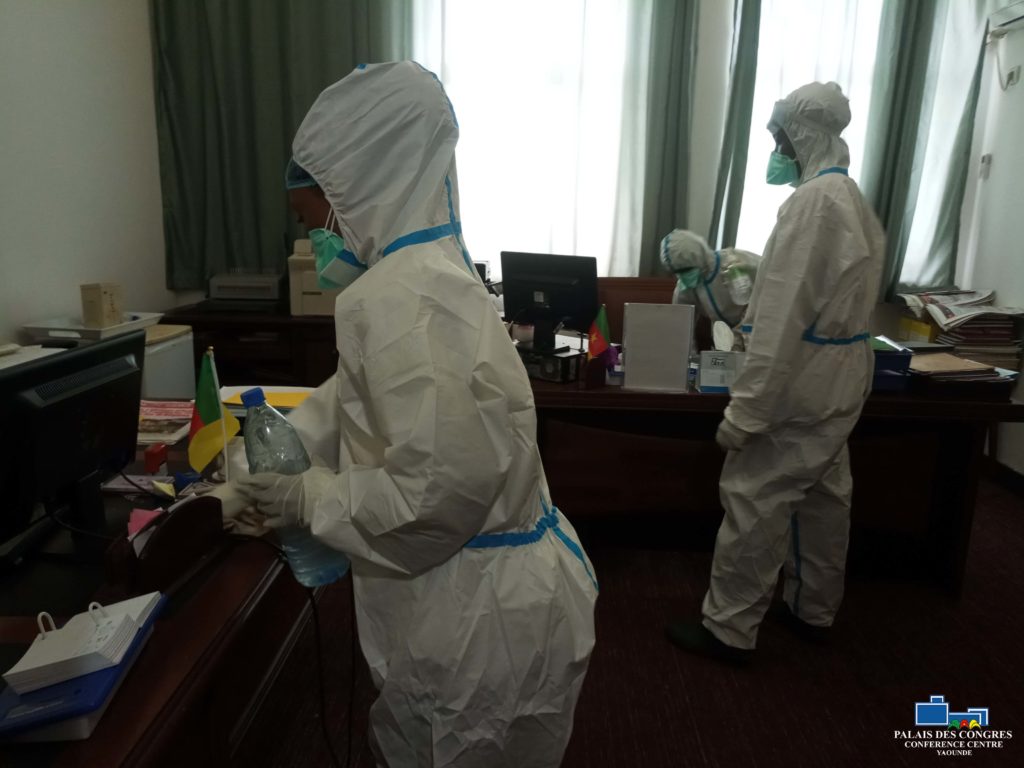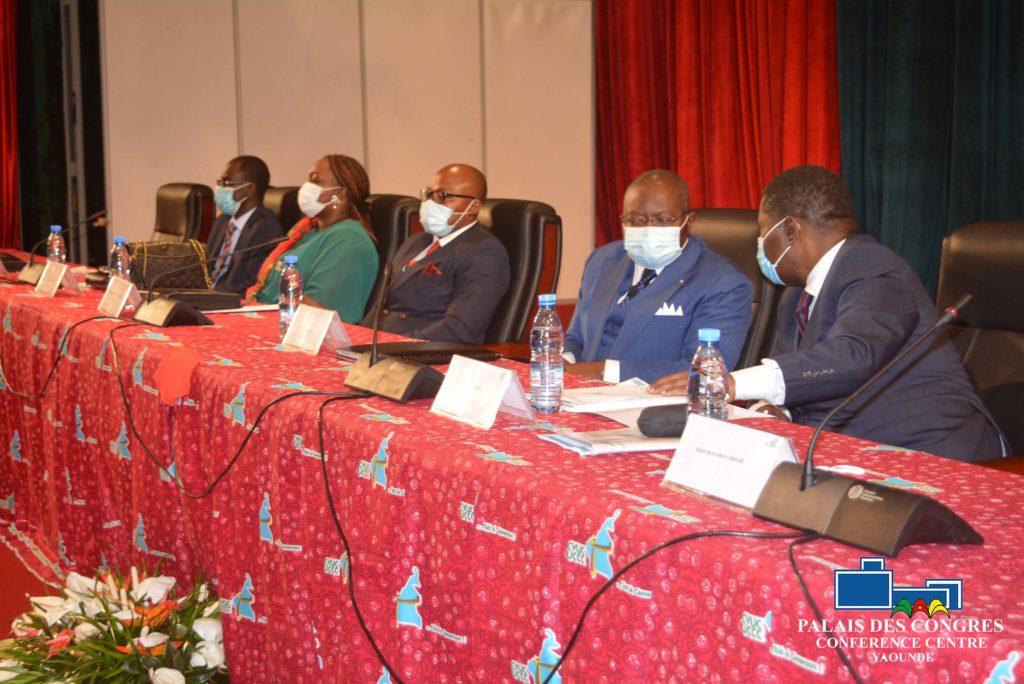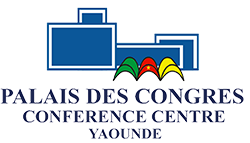In Cameroon, the health crisis has lasted for many months and does not seem to want to subside, to the great displeasure of the events sector. Between the respect of the barrier measures prescribed by the government and the public service mission of the Conference Centre, it was necessary to adapt and even reinvent itself. A difficult context that is not without economic consequences.
The events sector is in a bind and does not know where to start. Health standards, gauges, barrier measures, or even travel restrictions, all these regulations force event organizers to question themselves and drown in this uncertainty.
On March 17, 2020, within the framework of the Governmental Strategy of Response against the Coronavirus, the Prime Minister, Head of Government had to take 13 special measures reinforced on March 5, 2021, in view of the resurgence of the pandemic in Cameroon. Although all these measures are of general scope, two of them have particularly caught the attention of the Conference Centre, namely: the prohibition of all gatherings of more than 50 people throughout the national territory and the prescription to public administrations to give preference to electronic communication means or digital tools for meetings likely to gather more than 10 people.

As a result, between the cancellation of the event, postponement or transformation into a digital event, the Conference Centre of Yaounde whose main mission is “the rental of rooms and spaces” (Cf. Decree No. 2018/625 of October 24, 2018, on the reorganization of the Conference Centre), has found itself more or less “confined”.
As an illustration, between March and June 2020, apart from the sessions of the Parliament, no other activity was held at the Conference Centre.
During the above-mentioned period, the 29 (twenty-nine) events scheduled and spaces reserved before the outbreak of the pandemic did not generate the expected revenue, creating a shortfall of about 150,014,403 FCFA (One Hundred Fifty Million Fourteen Thousand Four Hundred and Three). Ditto for the period from January to February 2021 generally considered as the “high period” of the Conference Centre which saw the cancellation of all ceremonies related to the Annual Conferences and New Year’s Greetings. Even major events such as the PROMOTE International Fair or the Canal2 d’Or had to be postponed due to the Coronavirus.
In terms of budget, the annual forecast was 650 million CFA francs in the first half of the year in terms of revenue from room rentals and other operating income. However, in view of the difficult context of the current health crisis, the Board of Directors of the Conference Centre has approved a 24.5% reduction in the budget previously adopted.

In spite of the gloomy situation, the Conference Centre’s General Management had to reflect internally on a reorganization of working methods. As a result, a duty system was set up to avoid a flow of people in the corridors and administrative offices. In addition, thanks to the unfailing support of the Cameroonian State, the Conference Centre continued to ensure the full payment of staff salaries, maintenance and security of the premises, the supply of energy (water and electricity) and finally the new expenses related to the management of the pandemic (hydro-alcoholic gel, masks, buckets, disinfection of the premises and awareness campaign)
While the COVID-19 soap opera seems far from over, the Conference Centre had to find permanent solutions to adapt to this new life. Among the health protocols applied in the organization of certain events, we can mention the respect of social distancing in the layout of the furniture, the compulsory wearing of masks in the Conference Centre, the compulsory passage through an anti-COVID-19 tunnel, regular screening tests, a new commercial offer more focused on the organization of virtual or outdoor events.
All in all, we must save the “events soldier” because the survival of companies and jobs is at stake. This requires support from the public authorities and greater solidarity between the various players in the sector.
By Michée Félix PEM



0 Comments